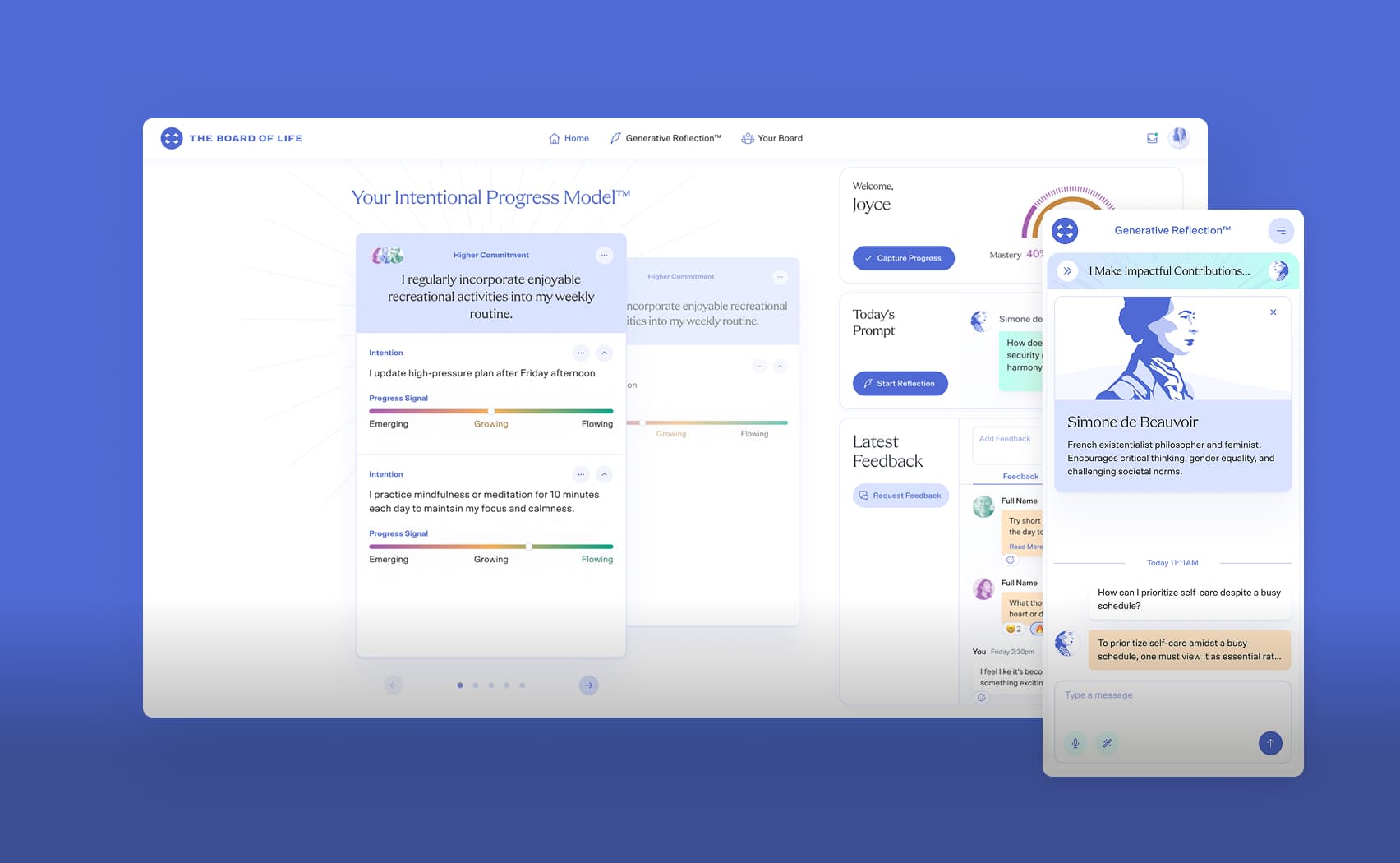How Mentorship Helps Employees and Businesses
Mentorship is a key component of company culture. While primarily thought of as a way for younger employees to learn from more experienced employees, it provides a wide range of benefits for the entire company.
Mentorship is especially important in the tech industry. Developers of all stripes can use help making decisions about their career. And the complexities of modern software development require strong company culture and positive morale.
Establishing strong mentor-mentee relationships goes a long way in strengthening company culture, promoting morale, and aligning goals across the company. Several important benefits include:
- Helping employees navigate their careers
- Attracting and retaining talent
- Preserving institutional knowledge
- Counteracting discrimination
- Building a sense of community
- Giving mentors a way to make a difference
Helping employees navigate their careers
Helping employees is the primary function of mentorship. Mentors are there to guide workers through their career. Mentors are particularly important in tech, because tech is a complex industry.
Consider all the decisions facing a new computer science graduate:
- industry or academia?
- frontend or backend?
- which languages or technologies to master?
At every step of their career, there are new decisions to make. Employees must make their career choices with respect to their own values and talents. And once they’ve made a decision, they need to commit to focusing on their path. Mentors can help employees choose their paths through the tech industry, as well as coach them along the paths they do take.
Attracting and retaining talent
A business is nothing without its talent. This is even more true in tech than in other industries, because each tech worker brings their own unique set of skills, technologies, and experiences to the table. Every employee is in some sense irreplaceable.
It is of the highest importance, therefore, to attract and retain talent. At the same time, tech workers can have incredibly diverse and complex skillsets. They will prioritize working for companies that help them expand and make the most use of their skills. This makes mentorship a key to attracting and retaining talent.
Preserving institutional knowledge
Programmers can only document so much. They can’t record all the ins and outs of a business, all the details of operations, and every last obscure or complicated bit of technical knowledge.
That’s where mentors come in. A tradition of mentorship provides the transmission of the subtle information that preserves institutional knowledge. This is the intangible know-how that companies are made out of. You know it exists, but it’s hard to measure.
Mentees become more valuable in this way. By soaking up institutional knowledge, they become prepared for taking on greater responsibilities within the company in the future.
Counteracting discrimination
Women and minorities have historically faced various forms of systemic discrimination in pursuing careers. This hurts everybody, because it implies an unnecessary loss of talent. Software developers of all identities bring value to the table.
Mentorship is one way of systemically fighting systemic discrimination. Mentors and mentees can discuss shared experiences they may have had, and find ways to work around them. People often drop out of their careers because they feel that they are unheard, but when they have a mentor who can listen, they realize they are not alone.
Building a sense of community
It’s easy for workers to feel isolated and atomized, especially if their main connection with the company is in brief, sporadic Zoom meetings. Mentorship provides a specific face to the company that builds the foundation for a larger sense of community.
Community is important for promoting employee engagement. A Gallup poll suggests that a mere 36% of US employees are engaged at work- which is actually more than the global average of 20%. Disengaged employees report miserable work experiences and alienation.
Improving workplace culture and building a sense of community are key to improving worker engagement. About a third of US employees say they plan on quitting their jobs soon, and cite toxic workplace cultures as their #1 concern. Improved mentorship opportunities could go a long way in changing those plans.
Giving mentors a way to make a difference
People are more satisfied with their lives when they feel like they are making a difference. This becomes more and more important as you age, and is one of the best predictors of happiness later in life.
A Gallup poll of 100,000 Americans found that those who volunteered or helped their community were significantly happier than those who did not. This fact held across age or income levels.
Mentorship, then, helps the mentors as much as the mentees. Passing down skills and advice to the younger generation creates a sense of meaning for one’s own life.
Building social capital
When we think of the value of a business, we tend to focus on concrete factors, like financial capital or physical capital. But social capital is just as important in making a business or organization function. Social capital informs how well “put together” an organization is.
Everything we’ve discussed so far has to do with social capital. Employees that can navigate their careers better have more social capital. Attracting and retaining talent builds social capital. Preserving institutional knowledge and building a sense of community are all aspects of social capital.
But unlike other forms of capital, social capital cannot simply be bought. It has to be built, steadily, over time, through practices like mentorship.
Mentorship at JetRockets
Mentorship is an integral part of company culture at JetRockets. We pair all of our junior developers with senior developers who mentor them, review their code, and teach them to work the JR way.
Working the JetRockets way is crucial for maintaining the kind of company we want to be. We strive to align our goals with our clients, so we can deliver the best software for their needs. Having a strong mentorship program lets us instill this value in our employees’ minds from day one, so that they will continue with it throughout their career.



